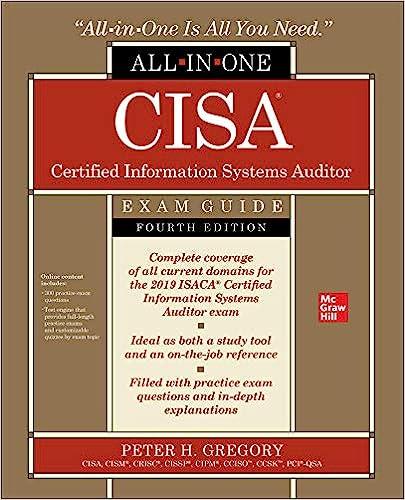
Question 1 4 points Save Answer FIN3610, Inc., is planning to set up a new manufacturing plant in New York to produce safety tools. The company bought some land six years ago for $4.3 million in anticipation of using it as a warehouse and distribution site, but the company has since decided to rent these facilities from a competitor instead. If the land were sold today, the company would sell for $4.6 million on an after-tax basis. In four years, the land could be sold for $4.8 million after taxes. The company hired a marketing firm to analyze the market at a cost of $250,000. Here is the summary of marketing report: We believe that the company will be able to sell 5,600, 6,300, 7,200, and 5,900 units each year for the next four years, respectively. We believe that $550 can be charged for each unit. We believe at the end of the four-year period, sales should be discontinued. The company believes that fixed costs for the project will be $615,000 per year. Variable costs are $462,000, 5519,750, $594,000, 486,750 each year for the next four years, respectively. The equipment necessary for production will cost $2.5 million and will be depreciated according to a three-year MACRS schedule. At the end of the project, the equipment can be scrapped for $450,000. Net working capital of $325,000 will be required immediately. The company has a 21 percent tax rate, and the required return on the project is 9 percent. What is the NPV of the project? Which of the following is true? $4,300,000 is an incremental cash flow since it is the original cost of land. $250,000 is an incremental cash flow and it will be part of the total project cash flow of year zero as an outflow. $4,300,000 and $250,000 are sunk costs and they will be part of the total project cash flow of year zero as outflows. $4,800,000 is an opportunity cost and it will be part of the project cash flow of year zero as an outflow. $4,600,000 is an opportunity cost and it will be part of the total project cash flow of year zero as an outflow. 0 Question 1 4 points Save Answer FIN3610, Inc., is planning to set up a new manufacturing plant in New York to produce safety tools. The company bought some land six years ago for $4.3 million in anticipation of using it as a warehouse and distribution site, but the company has since decided to rent these facilities from a competitor instead. If the land were sold today, the company would sell for $4.6 million on an after-tax basis. In four years, the land could be sold for $4.8 million after taxes. The company hired a marketing firm to analyze the market at a cost of $250,000. Here is the summary of marketing report: We believe that the company will be able to sell 5,600, 6,300, 7,200, and 5,900 units each year for the next four years, respectively. We believe that $550 can be charged for each unit. We believe at the end of the four-year period, sales should be discontinued. The company believes that fixed costs for the project will be $615,000 per year. Variable costs are $462,000, 5519,750, $594,000, 486,750 each year for the next four years, respectively. The equipment necessary for production will cost $2.5 million and will be depreciated according to a three-year MACRS schedule. At the end of the project, the equipment can be scrapped for $450,000. Net working capital of $325,000 will be required immediately. The company has a 21 percent tax rate, and the required return on the project is 9 percent. What is the NPV of the project? Which of the following is true? $4,300,000 is an incremental cash flow since it is the original cost of land. $250,000 is an incremental cash flow and it will be part of the total project cash flow of year zero as an outflow. $4,300,000 and $250,000 are sunk costs and they will be part of the total project cash flow of year zero as outflows. $4,800,000 is an opportunity cost and it will be part of the project cash flow of year zero as an outflow. $4,600,000 is an opportunity cost and it will be part of the total project cash flow of year zero as an outflow. 0







